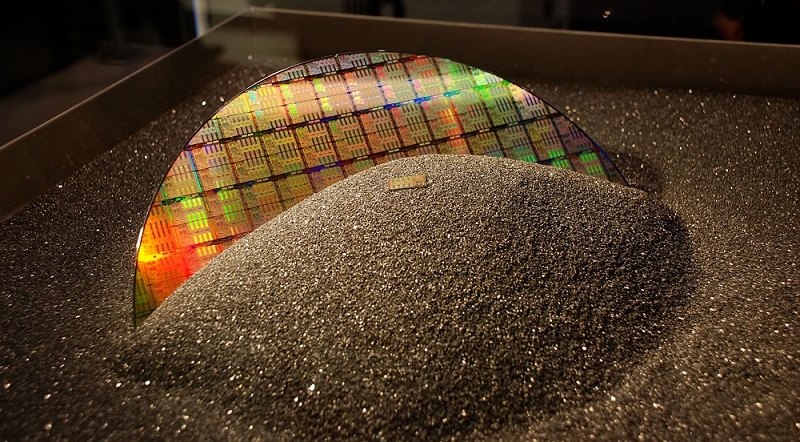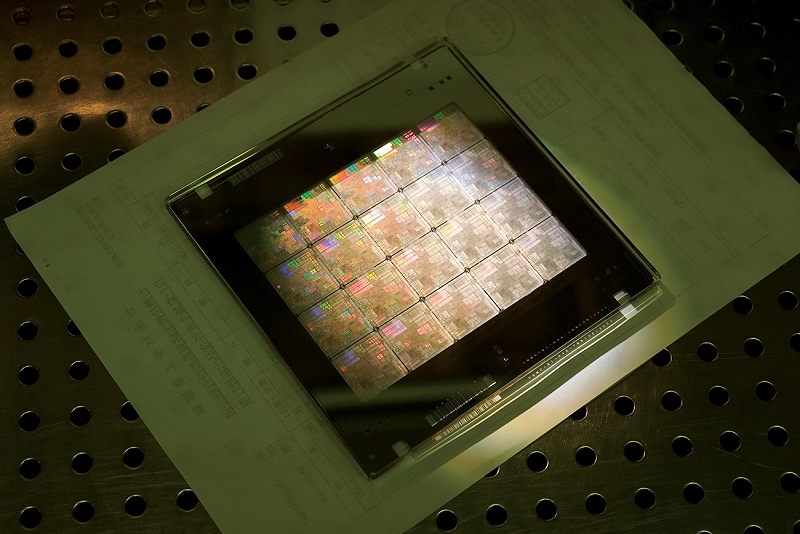
It’s been a rough year for Samsung’s semiconductor business. The division, known as System LSI Business, has suffered huge losses as a result of Apple’s heavy reliance on rival Taiwan Semiconductor Manufacturing Company (TSMC) to produce the A8 SoC found in the new iPhone 6 and iPhone 6 Plus.
Sources familiar with the matter claim Samsung is only producing around 30 percent of Apple’s total volume with the remaining 70 percent coming directly from TSMC. Teardowns of the new iPhones lend a bit of credibility to this claim as only TSMC chips have shown up thus far.

Samsung semiconductor business president Kim Ki-nam believes the bleeding won’t last too much longer as the company is preparing to begin production on 14-nanometer chips by the end of the year. According to sources, Apple already has a contract in place to have its next generation A9 mobile chip built on Samsung’s smaller manufacturing process.
Chips built on the 14-nanometer FinFET process are expected to consume 35 percent less energy while offering 20 percent more processing power and taking up 15 percent less space compared to existing 20-nanometer components.
Apple has systematically been reducing its reliance of Samsung over the past few years. In 2012, Apple turned to LG as its primary supplier of displays and as mentioned above, they’ve favored TSMC for production of the A8.
TSMC, meanwhile, recently announced they managed to fabricate a 16-nanometer FinFET on ARM's big.LITTLE multi-core architecture.